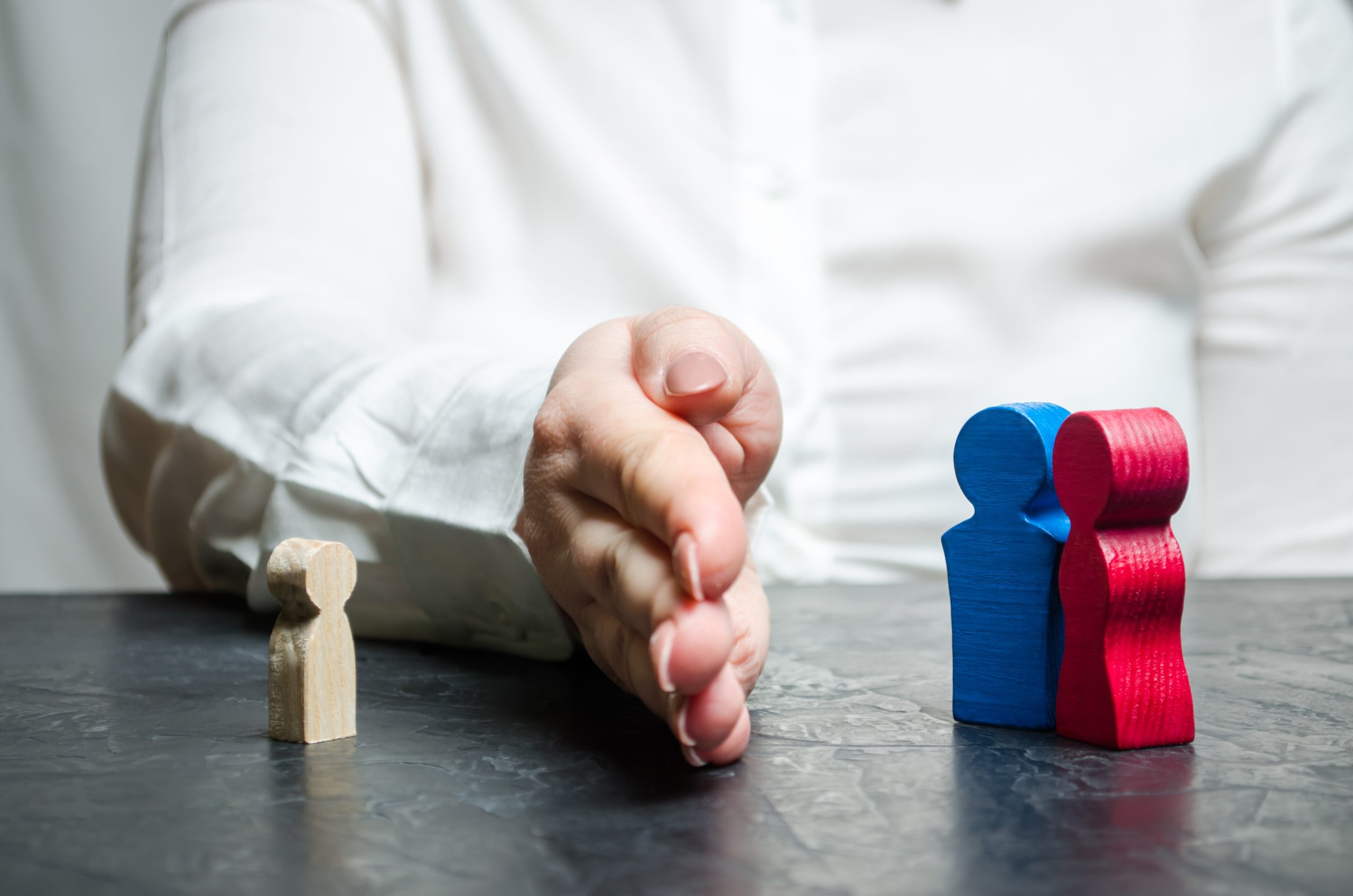

By: Lakeview Health
In addiction treatment, the term used is self-help. And it works.
They say in recovery that the opposite of addiction is connection. And it’s true: Isolation is a huge contributor to relapse. That’s why building a self-help community is so key. It creates connections that make isolation almost impossible.
Where to find your self-help community? Most people discover theirs in one of the Big Four support groups: (1) AA or NA, (2) Celebrate Recovery, (3) Refuge Recovery, or (4) SMART Recovery.
Each of these communities involves regular meetings of like-minded people who are in recovery from drug or alcohol addiction, and who look out for each other.
6 benefits of a self-help network
- You make connections. It bears repeating, the opposite of addiction is connection. With your self-help community in place, it’s a lot harder to isolate and to drift toward relapse. You will always have someone to lean on if you hit a rough patch in your recovery.
- You have accountability. When you have your own community of people who care about you and keep track of you, it’s tougher to get away with unhealthy behavior. If you have a sponsor looking out for you, or a meeting to attend each day, or a phone call you make to a friend in recovery every day at 5 pm, that’s going to keep you accountable. You need to show up for these things—or someone notices. And worse case, if you do slip, your network is there to help keep you from spiraling down into a full-blown relapse.
- You gain knowledge. No one has more wisdom about addiction and recovery than the people who have lived those things. Relapse triggers, ways to stay strong and balanced, what to steer clear of, what to embrace. The people in your community know about those things. They’re also the best BS detectors on earth. If you try to bob, weave, and deceive regarding your addiction or your recovery, they’re going to call you out on it. They’ve been there. They know the games.
- You get guidance. This one is so key. In the AA/NA world, for example, you can link up with a sponsor, which is essentially a mentor. Other recovery groups have a version of this “guidance counselor” person as well. Usually, it’s someone who has significant time in recovery, and who can help you navigate the pitfalls.
- You feel empowered. One of the best things about a self-help community is the act of creating and maintaining it. That’s empowering! It puts you in the driver’s seat with your recovery, rather than being passive or reactive about it. There’s a powerful forward momentum that comes with that.
- You gain empathy. Selfishness and self-absorption are common in people with addiction, especially during active addiction and early recovery. Which is why having a tight-knit community and going to meetings is so helpful. In a way, it forces you to care about other people. When someone is telling her story in a meeting, it gets you out of your own head and into hers. That’s a great lesson, and it’s great training. Even better, the empathy you feel can become a habit.
How to make self-help happen
Given all those benefits, self-help seems a no-brainer, and it is. But if you’re an introvert or just not a “joiner,” it’s not always easy to do.
Addiction treatment centers can help with this. At Lakeview, we get people to start thinking about self-help and building a community almost from the day they arrive.
One thing we and other leading centers do is have both onsite and offsite support group meetings. (We transport people to the offsite meetings.) At these gatherings, there are always potential sponsors (mentors) who attend, and our residents know these people are available to serve in that role. We tell our patients to “raise your hand” if they need a sponsor.
Through these and other networking opportunities, our patients learn how it all works, and they get comfortable with the process. This makes it easier for them when they leave us and start building their own self-help network.
Here’s how self-help works for me
Regarding my own self-help community (I’ve been in recovery from alcohol addiction for 12 years), I take a menu approach. That is, I look to one type of support group for some things, another support group for other things, and so on.
An example: AA meetings tend to be everywhere and easy to find, so I lean on them for fellowship and accountability. That’s a key part of my recovery program. But I also use SMART Recovery for their curriculum materials such as workbooks, which I find to be very thorough and helpful.
Again, mine is a menu approach to self-help. I take a little from here, a little from there, and the result is a comprehensive recovery framework tailored by, for, and about me.
The form your self-help community takes is entirely up to you. The key is to create one, even if it’s small at first. This network can be a powerful pillar in your long-term recovery program.





